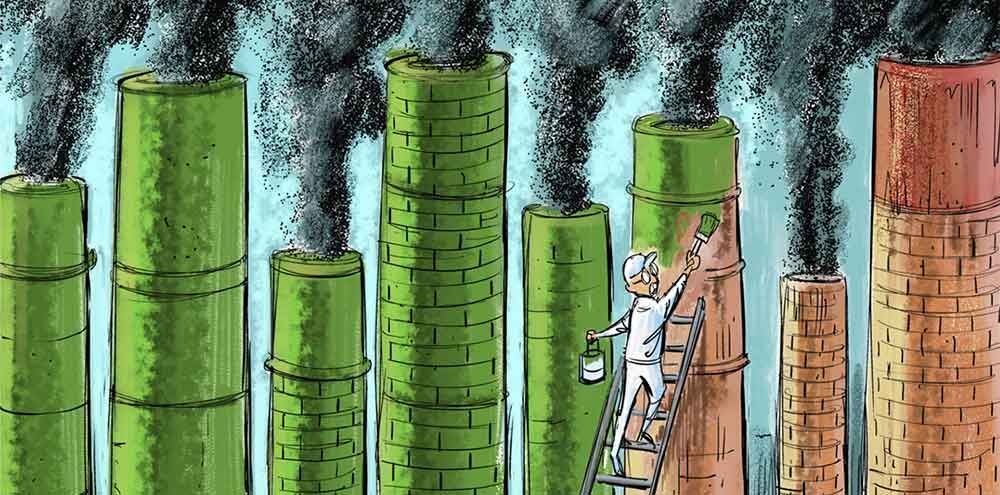Beyond the Electric Revolution: How ESG is Reshaping the Auto Industry
The European automotive industry is undergoing a transformation, driven not just by the shift towards electric vehicles (EVs), but by a broader commitment to Environmental, Social, and Governance (ESG) principles. While electrification is a crucial step in reducing carbon emissions, it is only part of a much larger sustainability agenda.

- Battery Recycling & Circular Economy: Companies like Renault and Volkswagen are investing in closed-loop battery systems to reuse materials and minimise waste.
- Sustainable Materials: Carmakers are shifting to biodegradable plastics, vegan leather, and recycled aluminium to reduce their overall footprint.
- Green Factories: Brands such as BMW and Volvo are working towards carbon-neutral production, using renewable energy in manufacturing plants.
- Job Disruptions: The shift from combustion engines to electric motors reduces the need for traditional automotive jobs, raising concerns about job losses in regions dependent on car manufacturing.
- Labour Ethics in Supply Chains: Many essential battery minerals come from conflict zones or areas with poor labour conditions. European regulations are pushing for more transparent, ethical sourcing.
- Affordable Mobility: While EVs are marketed as the future, they remain too expensive for many consumers. Governments and automakers must address affordability to ensure a just transition.
- Greenwashing Risks: Some brands claim to be “carbon neutral” while offsetting emissions rather than truly reducing them. Transparency in reporting is critical.
- ESG Regulations & Compliance: The EU is enforcing stricter ESG disclosures, requiring companies to prove sustainability claims with data and audits.
- Diversity & Inclusion: The auto sector has historically lacked diversity in leadership. Greater representation and fairer workplace policies are becoming a priority.

Conclusion: A Sustainable Future Requires More than Just EVs
The electric revolution is only part of the bigger ESG transformation happening in the auto industry. True sustainability means looking beyond tailpipe emissions to address ethical supply chains, fair employment, and transparent governance. European carmakers are making progress, but challenges remain. Consumers, investors, and regulators must continue to hold companies accountable to their ESG promises—because a truly sustainable future requires more than just electric vehicles.
FAQs
1. Are electric vehicles truly sustainable?
EVs significantly reduce emissions compared to petrol and diesel cars, but sustainability depends on factors such as battery production, electricity sources, and vehicle lifespan. The industry is working on improving battery recycling and reducing raw material dependency to make EVs more environmentally friendly.
2. What are the biggest ESG challenges facing the automotive industry?
Key challenges include reducing supply chain emissions, ensuring ethical sourcing of materials, and preventing job losses due to automation and electrification. Additionally, companies must combat greenwashing by providing transparent ESG reporting.
3. How can consumers support ESG in the automotive sector?
Consumers can support ESG efforts by choosing vehicles from brands that prioritise sustainability, opting for recycled or ethically sourced materials, and advocating for better charging infrastructure and fair labour practices in the industry. Staying informed and holding automakers accountable for their claims is also essential.










